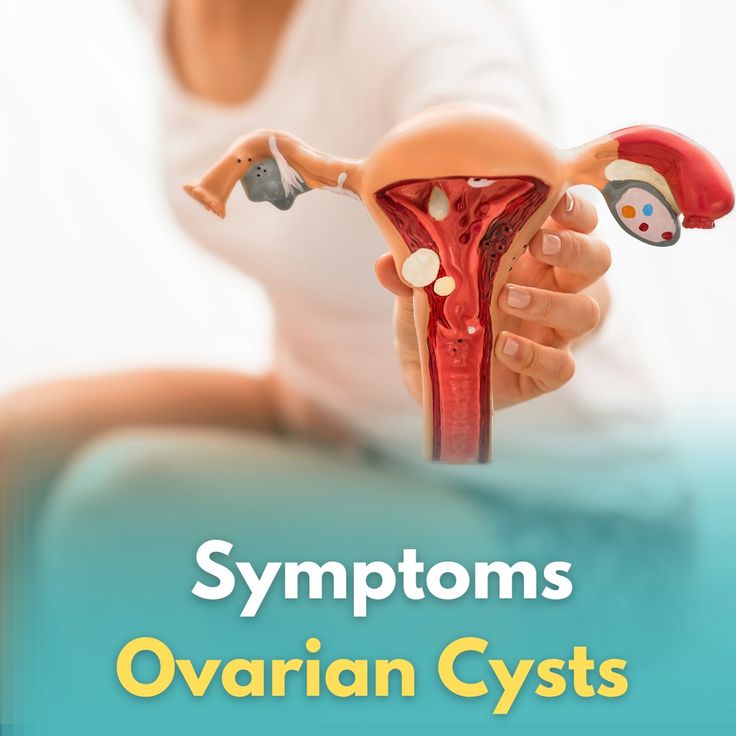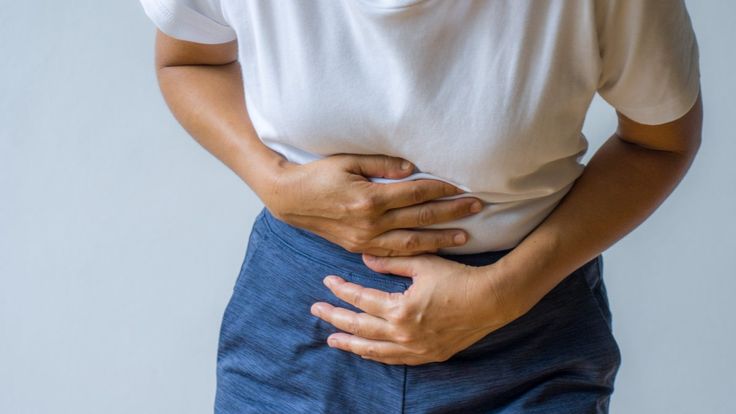Ovarian cysts – 7 troublesome signs you need to be aware of.

Small ovarian cysts may seem insignificant, but they can lead to serious health problems if not addressed. This article will help you understand what ovarian cysts are, why they form, and, most importantly, how to recognize the signs that indicate a bigger issue. Early detection of symptoms is crucial, as untreated cysts can lead to complications, including fertility problems and even ovarian cancer.
What are Ovarian Cysts?
Every woman’s body has two ovaries which produce eggs, also known as ova, during their menstrual cycles. These eggs are developed in follicles that produce hormones estrogen and progesterone. Once, it’s time to ovulate, the follicles release the eggs. But, in some circumstances, the follicles don’t release the egg and keep growing in the ovaries. And this leads to what we call, an ovarian cyst – a fluid-filled sac.
If this inability to release the egg continues with every monthly menstrual cycle, you will have a group of ovarian cysts in no time. Some of these may be small like a pea and some large like a lemon, sitting on your ovaries. While the small ones are harmless, large ovarian cysts may lead to severe issues.
Some types of ovarian cysts are Follicular cysts, Corpus luteum cysts, Dermoid cysts, Cystadenomas, and Endometriomas.
What Causes Ovarian Cysts?
Hormonal problems are typically the source of ovarian cysts, which can occasionally lead to irregular menstruation cycles. Endometriosis, pelvic infections, and pregnancy are further potential causes.
For those who have never heard of it, endometriosis is a painful condition in which tissue that resembles the lining of your uterus begins to grow outside of it. The existence of pre-existing ovarian cysts is another factor contributing to ovarian cysts. Numerous growths can result from one.
7 Signs of Ovarian Cysts that May Lead to Bigger Issues
1. Bowel issues: If the ovaries are large, they may cause undue pressure in the abdomen. This could make it harder for you to pass feces, which could result in bowel problems.
2. Urinary problems: The same excessive abdominal pressure brought on by large cysts may make it difficult to empty the bladder. In this situation, the lady may have the urge to urinate but be unable to do so.
3. Dyspareunia: the term is used for the pain experienced during vaginal sex in the pelvic region of the body. Cysts in the ovaries, particularly the big ones, are one of the reasons for this pain. This is because the man’s penis may strike the cysts during sexual activity, causing them to leak fluid, which is painful. Cyst rupture is the term for the process. Dyspareunia is more common in younger adults, although it may indicate ovarian cancer in those approaching menopause.

4. Abdominal issues: Ovarian cysts may cause bloating, swelling, or a certain heaviness in the abdomen because of their size.
5. Pelvic pain: Before or during your menstrual cycle, you may experience pain in the pelvic area. This might just be at one side of the area where big cysts have developed. The discomfort may be sporadic or chronic, and it may gradually radiate to the lower back and thighs. You may need to be evaluated for ovarian torsion if this pain is accompanied by nausea or vomiting. This is a painful condition when the ovary moves or twists in its place due to larger ovarian cysts.
6. Irregular and painful menstrual cycles: Cysts can lead to issues like PCOS (polycystic ovarian syndrome) which further causes irregular menstrual cycles. The bleeding in these cycles may be heavier and extremely painful than usual.
7. Hormonal abnormalities: Your body begins to act strangely when you have ovarian cysts and the prohibited release of eggs. It might have irregular hormone production. In addition to increasing the number of cysts, this can also cause problems like hirsutism, which is the unwanted and abnormal development of hair in various body regions, and alterations in the growth of your breasts.
The Bottom Line
Ovarian cysts can be diagnosed through pelvic examinations, ultrasounds, MRIs, blood tests, biopsies, and pregnancy tests. If you’re experiencing any of the symptoms mentioned, it’s important to consult a qualified gynecologist and undergo these diagnostic tests for a proper confirmation.
Once diagnosed, proper treatment is crucial, and it’s best to seek care from a specialist with extensive experience. This is vital because untreated ovarian cysts can lead to more serious health issues, including ovarian cancer, which is something you want to avoid.
As a gynecologist with 11 years of experience, I, Dr. Jahnvi Varshney, am dedicated to providing expert care for patients with ovarian cysts. My patients are satisfied with the results of their treatment, and I’m confident that I can help you too. If you have any concerns or are facing reproductive issues, don’t hesitate to consult with me.
Book an appointment today for a healthier, pain-free future!